Harassment
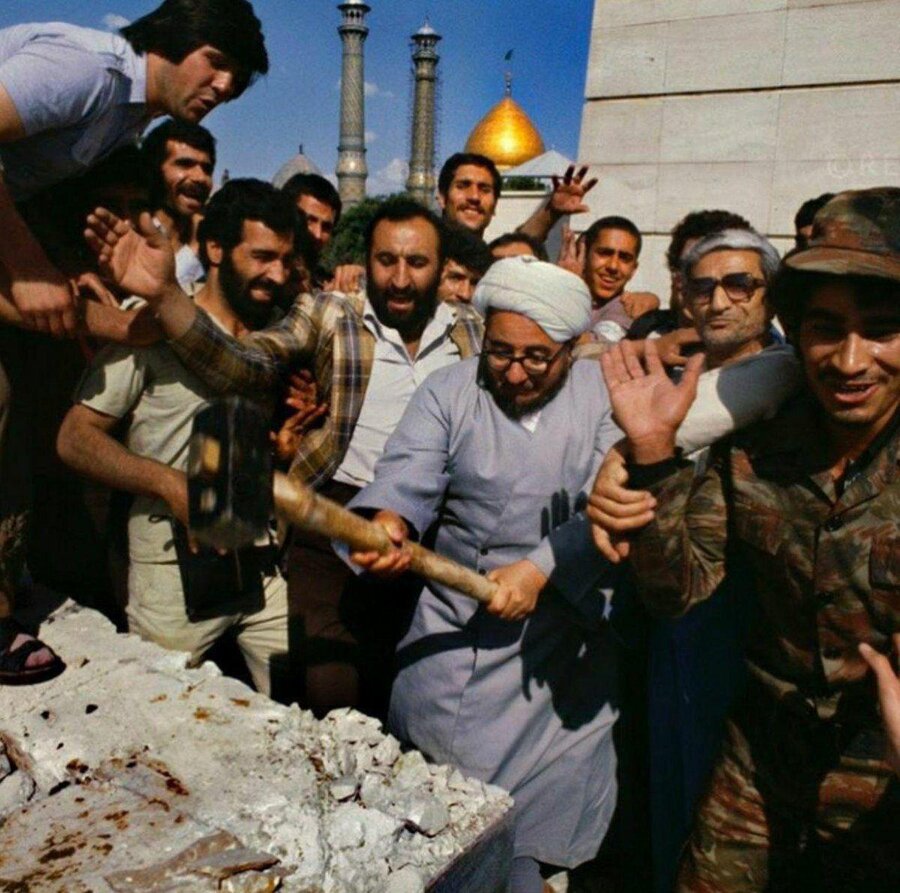
A Reflection on the Bitter Reality of Death Penalty in Iran/Siamak Malmohamadi
Sources. The historical data for this writing has been taken from two sources: 1- “The Anatomy of Contemporary Massacre in Iran, from Bab to Khavaran”; Mehrdad Emanat; Bibisi Farsi 2- An interview with Monireh Baradaran titled “The Destruction of Mass Graves is an International Crime”....
Read More Created By:
Siamak Molamohammadi
Created By:
Siamak Molamohammadi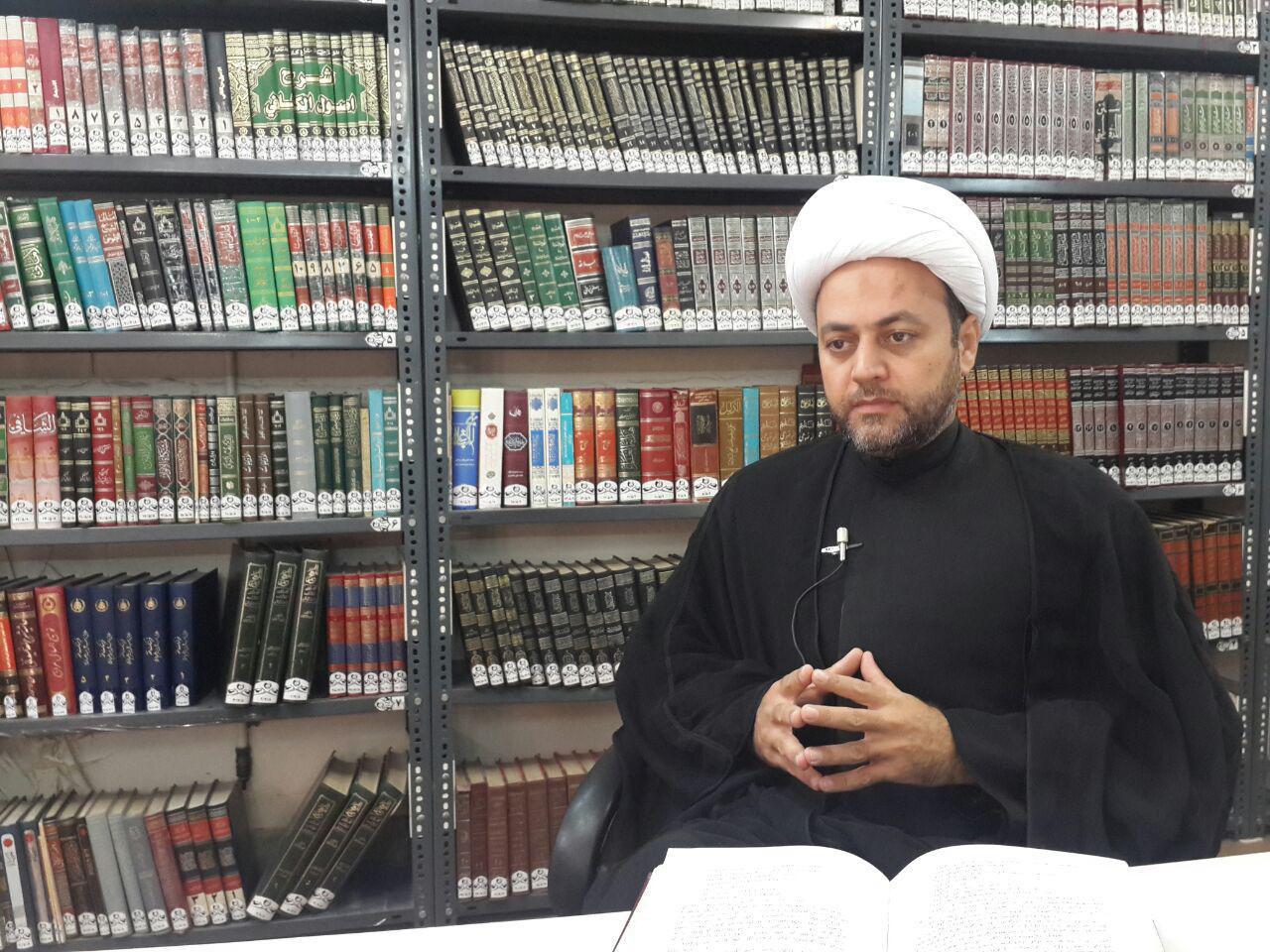
Examining Shari’a’s Perspective on the Rights and Dignity of the Deceased; in Conversation with Mohammad Javad Khalili/ Ali Kalai
This is a caption این یک عنوان است. This is a caption. Conversation with Ali Kalai Mohammad Javad Khalili, holds a PhD in Political Science and is also a graduate of Hawza studies from the Qom Seminary. He has been conducting research in the field of Islamic political thought and the Arab world for years, […]...
Read More Created By:
Ali Kalaei
Created By:
Ali Kalaei
The relationship between collective memory and collective graves; in conversation with Raha Bahraini and Shadi Sadar/ Simin Ruzgard.
Simin Rouzgar “Conquering the collective memory is an action that many ideological governments have undertaken in order to impose their desired narrative of history. Milan Kundera, in one of his famous stories called “The Unbearable Lightness of Being,” writes: “The struggle of man against power is the struggle of memory against forgetting.” This renowned […]...
Read More Created By:
Simin Rouzgard
Created By:
Simin Rouzgard
Monireh Baradaran: Destruction of mass graves is an international crime/ Siavash Khoramgah
Monireh Baradaran Khorshahi is a writer and researcher who herself has experienced years of imprisonment and torture during both pre- and post-revolution periods of Azar 57. She is the sister of Mehdi Baradaran Khorshahi, a leftist activist who spent more than seven years in prison before the Azar 57 revolution and was executed in 60 […]...
Read More Created By:
Siavash Khoramgah
Created By:
Siavash Khoramgah
Legal rights of the deceased; desecration of graves/ Mohsen Kadiour
. Mohsen Kadiour The dead have the same legal rights as the living. They have the right to not have their graves destroyed or desecrated. But is this right for everyone, or only for righteous believers? Is it permissible according to Sharia to destroy the graves of individuals who, in some way, are considered enemies […]...
Read More Created By:
Mohsen Kadivar
Created By:
Mohsen Kadivar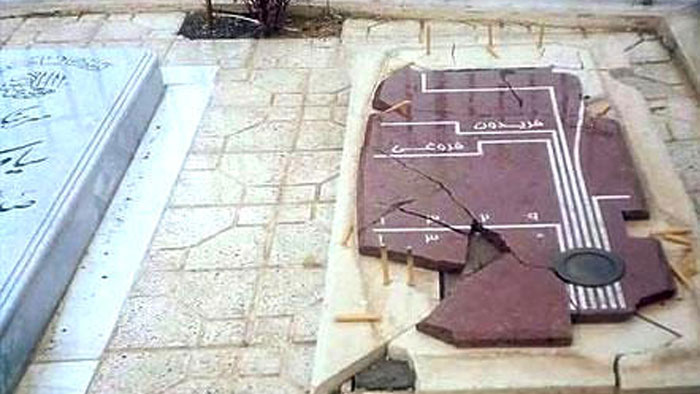
“Living Against the Dead/ Reza Najafi”
A commentary on the phenomenon of destruction of graves in Iran. “بهترین راه برای پیشرفت، شروع کردن است.” “The best way to progress is to start.” Reza Najafi Heinrich Heine, a German political poet who lived in exile, wrote a poem in 1820: “Where they burn books, they will also burn humans sooner or later.” […]...
Read More Created By:
Reza Najafi
Created By:
Reza Najafi
Looking at the dignity of non-Muslims’ corpses, between two perspectives / Mojtaba Lotfi
“متن فارسی را به انگلیسی ترجمه کنید” “Translate the Farsi text to English.” Mojtaba Lotfi In Islamic thought, there are two perspectives on human beings: the traditional view and the human rights view. A person is either a Muslim or a non-Muslim. Muslim cemetery In the religious perspective, just as a human being is respected […]...
Read More Created By:
Mojtaba Lotfi
Created By:
Mojtaba Lotfi
Rights and duties of inheritors, with respect to the deceased body/ Mohammad Moghimi
“منظوری از شهر” “A view of the city” Mohammad Moghimi The discovered body attributed to Reza Shah Pahlavi has caused various reactions in the public. Regardless of the fact that it has not yet been determined to whom the mentioned body belongs and its identification requires special tests, examining this issue from a legal and […]...
Read More Created By:
Mohammad Moghimi
Created By:
Mohammad Moghimi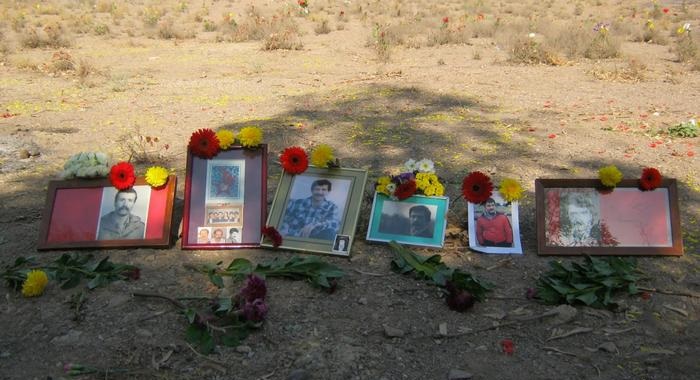
“Unmarked shrine, destruction with faith/ Jafarian thought”
Summer of the year that I was supposed to go to the preschool in its autumn, which they used to call “preparation” at the time, we went to a strange place with my mother, her niece, and a group of people I didn’t know. It was a remote and hot place where you couldn’t easily […]...
Read More Created By:
Andisheh Jafari
Created By:
Andisheh Jafari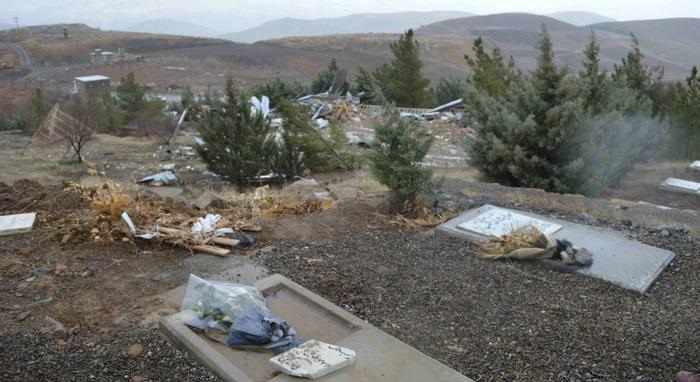
“Gourstizi and Gourharasi in the Islamic Republic/ Saqi Laqi”Gourstizi and Gourharasi refer to two traditional Iranian dances, often performed at celebrations and gatherings. The phrase “in the Islamic Republic” indicates that these dances are still practiced in modern-day Iran. “Saqi Laqi” is a phrase that is commonly used in Persian poetry and literature, and can be translated as “beloved companion.”
“منظوری از کوهستان” “A view of the mountains” Saqi’s meeting Death in celestial religions is seen as a passage from the mortal world to the eternal one, and therefore the deceased are highly respected. Especially in Islam, respecting the dead is as important as respecting the living. It is recommended to stand up in respect […]...
Read More Created By:
Saqhi Laghaei
Created By:
Saqhi Laghaei
Discrimination in “Dead” and “Killed” / Hamid Hamidi
This is a picture of a cat.[/caption] این عکس یک گربه است. This is a picture of a cat. Hamid Hamidi Despite the differences in legal systems and the varying opinions of sociologists and jurists about its basis, quality, and level of respect and credibility in societies, custom is considered one of the most important […]...
Read More Created By:
Hamid Hamidi
Created By:
Hamid Hamidi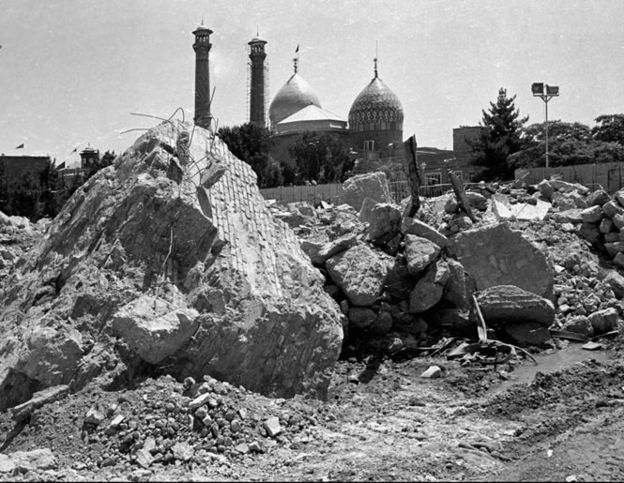
Reflection on the Case of the Mummified Body of Reza Shah Pahlavi / Mohammad Mahbobi
“پاییز زیباست و آسمان آبی است” “Autumn is beautiful and the sky is blue.” Mohammad Mohabbi Burial or burying the bodies of dead humans is considered an ancient human tradition. Some archaeological studies estimate the origins of this practice to be around thirty thousand years ago. Even Neanderthal humans buried their dead in the ground. […]...
Read More Created By:
Mohammad Mohebi
Created By:
Mohammad Mohebi